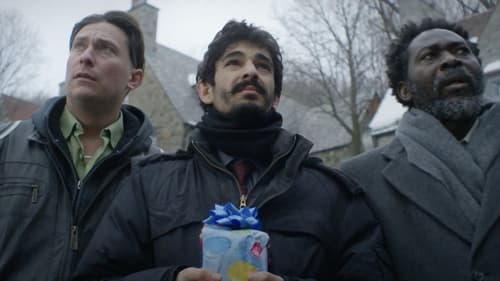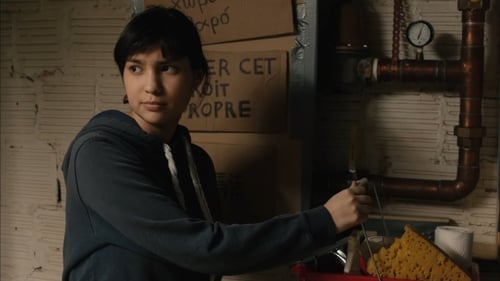
After the death of her husband, Ethel retreats inward, doubting her loved ones, trying to make sense of the fabric of her reality. She has also begun wandering at night, each walk a more surreal and abstract adventure.

Belz
See You Garbage! is a dramatic comedy that resembles a revolutionary tale. An attempt to explore the encounter between the well-coated contempt of the political class and a sudden awareness of its people.

Moussa
Living somewhere in present-day Quebec, Boris Malinowski has achieved all his goals. A freethinker, open-minded and proud, he also displays a certain arrogance when it comes to his successes. For some time now, his wife Béatrice, a Canadian government minister, has been bedridden, suffering from a mysterious depression. To escape from his wife’s agony, Boris begins a relationship with a colleague, Helga, and gets close to Klara, a young woman who works as a maid in Boris’s home. The sudden appearance of a stranger in his life forces Boris to come face-to-face with the world, with everything he takes for granted, with all his certainties.

Hamidou
When teenaged Fern is orphaned in the middle of a harsh Montreal winter, she is determined to avoid her mother’s tragic fate, and take care of herself. With Youth Protection nipping at her heels, she lies about her name and age, to get a job as a janitor another as a cook. Juggling life and work and the discovery of the book, ‘50 Ways to become a Millionaire: All you need to do is save,’ Fern decides to do just that, replacing her grief with the quest to become a millionaire. Written, directed and edited by award-winning filmmaker Wiebke von Carolsfeld (Marion Bridge, Stay), The Saver stars the newly discovered Imajyn Cardinal and is based on the young adult novel by Edeet Ravel.

Que ta joie demeure is not a documentary about being a slave to the machine, alienation, dehumanisation or exploitation. Sound and image, editing and dramatic structure are merely employed to transpose workshops and factory floors into the cinematic space so as to explore the bizarre environments that workers adapt to and with which they skillfully interact, as if humanity had never done anything else since time immemorial.




